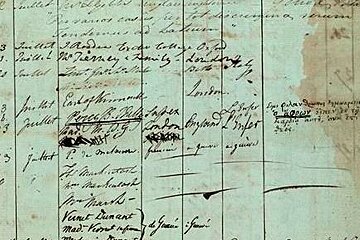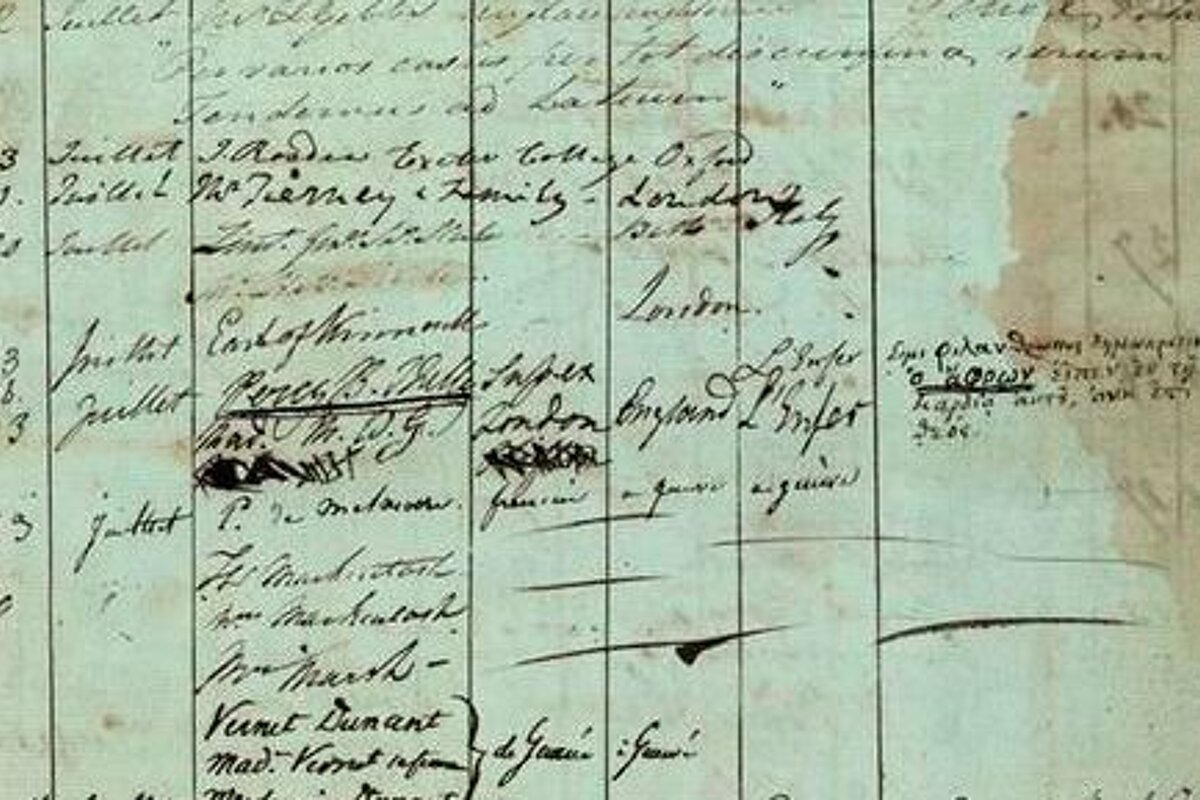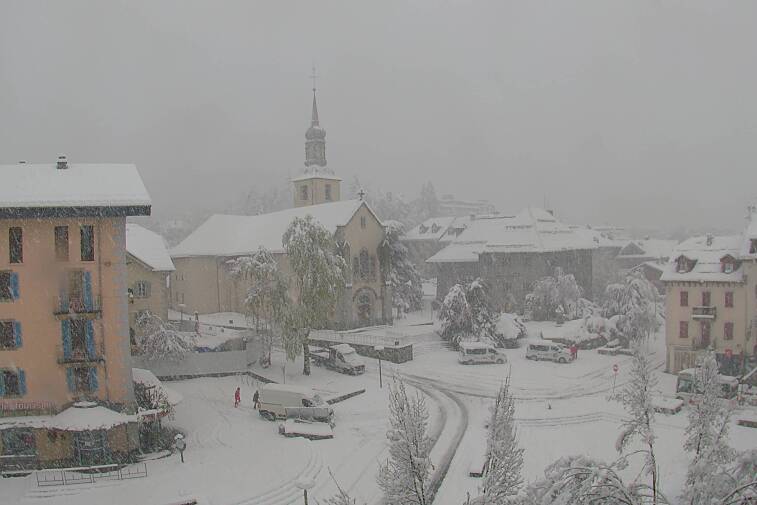
Shelley document from Chamonix revealed
Long lost document by Percy Shelley found by historians
A 200 year old document has recently been unearthed that throws Chamonix back into the heart of a long-forgotten scandal.
The famously radical poet Percy Bysshe Shelley once checked into the Hotel de Villes de Londres whilst visiting Chamonix and notoriously stated in the hotel register that he was an atheist, a lover of humanity and a democrat. Probably more information than they were expecting from an English tourist. Under the column headed “destination”, he entered the response “L’Enfer” - or “hell”, in English.
Now, in these modern times, this may not seem such a big deal. But way back in 1816 it was an unbelievably controversial statement. So much so, that the original inscription appears to have been either scribbled out or underlined and that some years later the page was ripped from the book never to be seen until 200 years later.
The document has been revealed by scholars at the University of Cambridge, who have apparently only just discovered it. It is the original page from the hotel register and is believed to have been missing since an undisclosed “someone” removed the page from the book in 1825. But who? And why? This article by Graham Henderson offers a number of possible theories but no definitive answers.
Up until now, no one had actually laid eyes on Shelley’s scandalous entry, it was simply hearsay that had been passed on from some original anonymous source. Possibly one of his companions such as fellow poets Robert Southey or Lord Byron, who were travelling with him at the time.
The document shows Shelley’s signature alongside that of Mary Wollstonecraft Godwin, better known as Mary Shelley the author of Frankenstein. Percy and Mary were married in the same year that they visited Chamonix together, until Percy’s death by drowning in 1822.
The author of the above article states, “I think his choice of words was very deliberate and central to how he defined himself and how wanted the world to think of him. They may well have been the words he was most famous (or infamous) for in his lifetime.”
Many thanks to Jon Trigell for forwarding the original article.
































